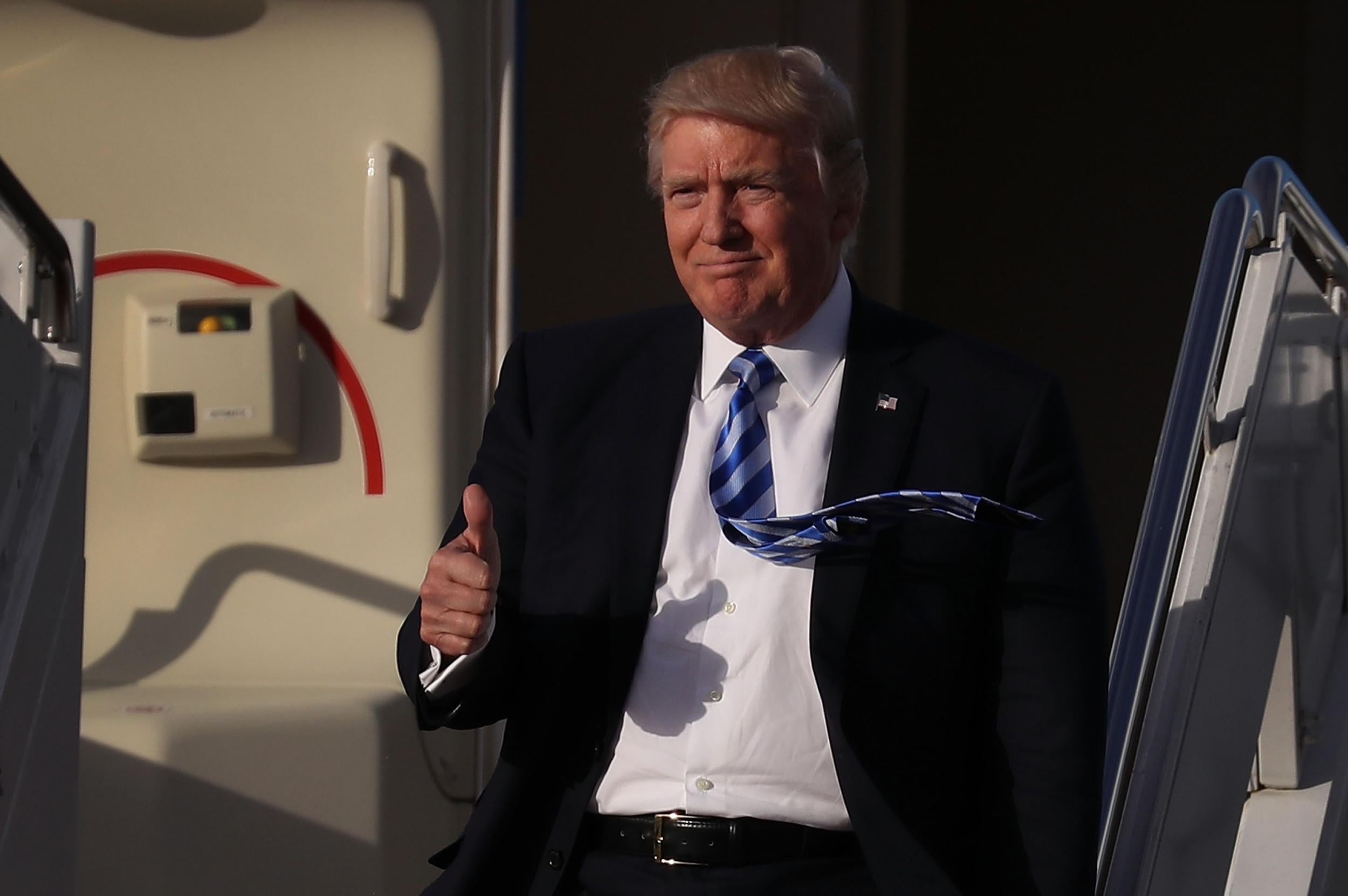Five things to look out for in American economics this week
Will Donald Trump push the dollar down further and when will the tech bubble burst?


You always learn by going to a place, so after a week in the US, I’m looking at five of the things that will tell us about the health and direction of the world’s largest economy in the near future.
It is a particularly interesting time because the initial welcome the financial markets gave to Donald Trump has faded. The jitters are back, and people are asking whether politics or economics will be the driving force in the coming weeks. Let’s stick to economics, and this Easter weekend is a good place to begin. It is a big shopping weekend and the question is: have American consumers recovered their mojo?

The forecasts are good. Consumption has been weak for the first three months of the year but recently consumer surveys have been more positive, notably the University of Michigan one last week and estimates by the National Retail Federation. But surveys are only surveys; the numbers that matter are at the tills. Forecasts are for people to spend $18.4bn (£14.7m) over the weekend, an all-time record. Warm weather is expected to help. We won’t get accurate data for a few days but we will get stories from key retailing operators as to whether they have done well or it has been more so-so. There should be enough data by the end of the week to form an opinion.
Remember that consumption in the US is more than 70 per cent of the economy, so that, plus other forward-looking indicators (there are some housing numbers this week) will start to give a feel for US growth in the second quarter. Yes, I know we are just into that period, but the US recovery is becoming one of the longest on record so you have to ask about its durability. So far the falling unemployment rate has not led to wage-push inflation, and there is a lively debate as to how low can it go without that happening. But just walking around, not only in DC itself, but down in South Carolina and Georgia, you see a lot of job vacancy notices posted.
One thing that might prolong the expansion would be a fall in the dollar, boosting demand for exports and trimming imports, though unless more discouraged workers are pulled back into employment that would tighten the job market yet further. In the next few months we look likely to get some sort of understanding with China, but the more immediate question here is: can Trump push the dollar down? It had a wobble following his comments last week, but as a general rule, exchange rates are determined by economic forces rather than political initiatives. But sometimes a political initiative reinforces a move that was starting to take place anyway, and capital flows could push the dollar down in the weeks ahead. For example, some investors are talking of switching money out of highly valued US equities to lower-rated European ones.
One unfortunately not very reliable measure of investor is the VIX, the volatility index traded in Chicago. It is dubbed the “fear index”, and it has shot up in the past few days. It is still below its low-term average, but watch the fear index in the weeks ahead.
Finally there is always high-tech America. You catch little feeling for that in Washington DC but the fact that Tesla should briefly pass General Motors in market capitalisation is just too stunning to ignore. US money still believes in the high-tech trade. It feels a bit like the dot-com bubble of 1999. Yes, the new technologies are changing the world and not just America. But as a financial proposition to invest in companies losing money on a magnificent scale, and needing new investors to maintain their share price is bubble territory. So when does the high-tech bubble pop? You can lose a lot of money and still change the world.
Join our commenting forum
Join thought-provoking conversations, follow other Independent readers and see their replies
Comments
Bookmark popover
Removed from bookmarks